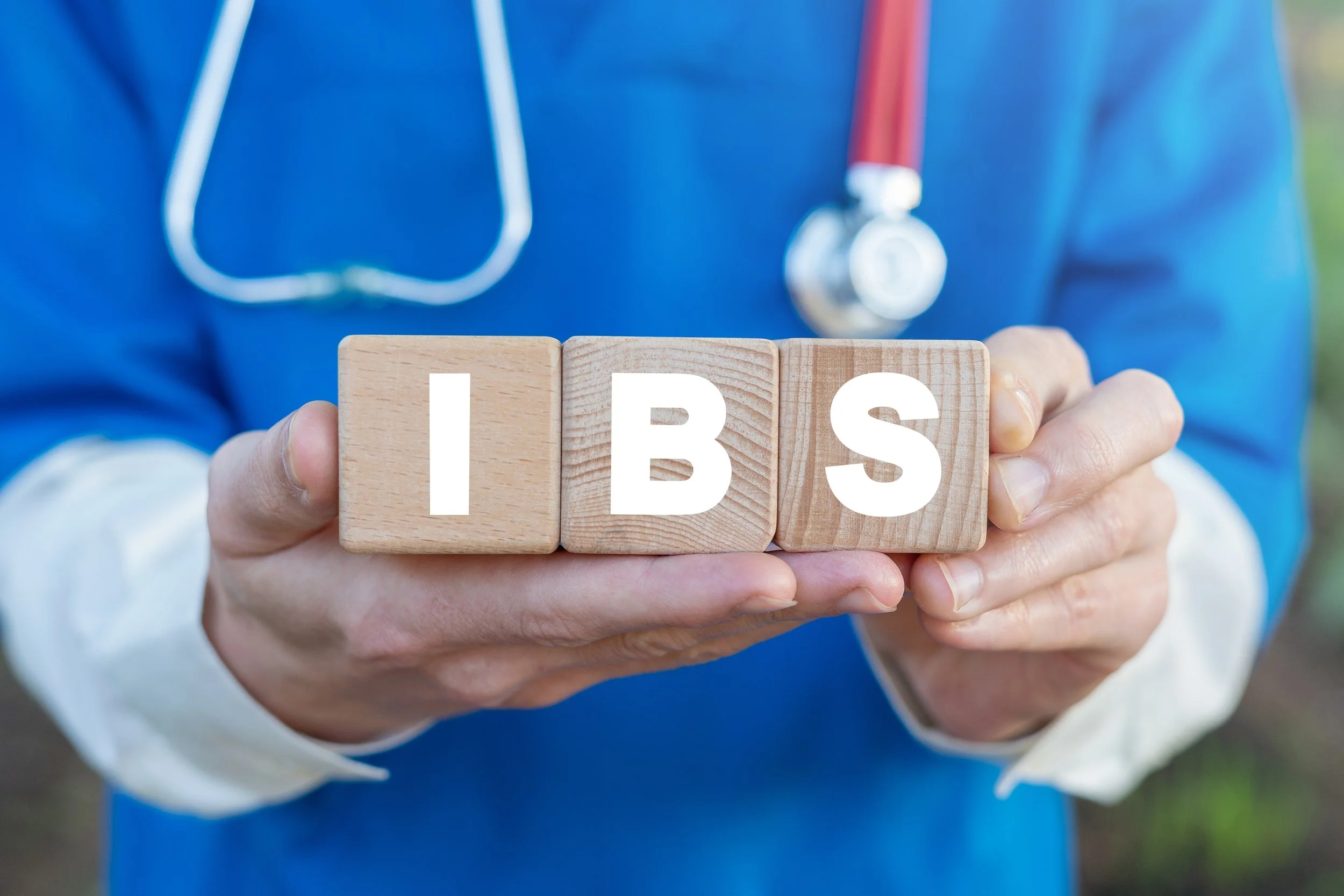Irritable bowel syndrome (IBS) is a condition that affects between 25 and 45 million Americans, making it a common disease. If you suffer from IBS, you’ll know that patients with this condition go through recurring phases of abdominal discomfort, and sometimes severe pain, that appears with other symptoms. These symptoms vary from patient to patient, and tend to be most disruptive during an “attack.”
What Are the IBS Symptoms?
IBS symptoms include abdominal pain and discomfort, as mentioned above, but also include the following. Some patients experience all of these, while some only a couple.
Waves of abdominal cramps
Bloating and gassiness
Constipation
Diarrhea
General indigestion
Irregular bowel movements
Stool with mucus present
How Do You Know if You Have IBS?
First and foremost, we’d like to mention that if you feel like something is wrong with your body, advocate for yourself and see a doctor (or get a referral to a specialist). IBS is moderately difficult to diagnose due to the fact that it shares symptoms with several other bowel disorders. Diagnosis strategies often involve ruling out other, more serious conditions. For this reason, it’s recommended that patients who believe they have IBS see a specialist regardless of how mild their symptoms are.
Can You Self-Diagnose IBS?
As mentioned above, this isn’t recommended. However, it’s important to note that only medical professionals can officially diagnose you with any given condition. This is critical to your long-term health as any diagnoses go into your medical record and can help doctors prescribe treatments and avoid making life-threatening errors when prescribing treatments for other conditions in the future. Always go to your doctor when you believe something is wrong.
How Do I Get an IBS Diagnosis?
As mentioned above, your doctor or gastro-intestinal specialist will rule out other conditions such as food sensitivities and allergies before diagnosing you with IBS. Your doctor may also want to perform blood tests, collect a stool sample for analysis, or perform a colonoscopy to ensure that you aren’t suffering from colorectal cancer or colon polyps.
Is There a Cure for IBS?
Unfortunately, there is no cure for IBS at this time. Treatments are extremely helpful, however, and can help you regain your confidence and life back. These treatments may include muscle relaxants, probiotics, antidepressants, anti-anxiety medications, and others, depending on what tends to trigger your IBS attacks.
IBS Diagnosis and Treatment in Tampa Bay
If you think you might be suffering from IBS, reach out to our team of colorectal specialists here at the Colorectal Clinic of Tampa Bay. Our doctors can help you get a diagnosis and set up a treatment plan. They will also maintain lines of communication with you so that your treatment can be reevaluated if needed. Don’t hesitate to reach out to us today; we can help you get your life back.

